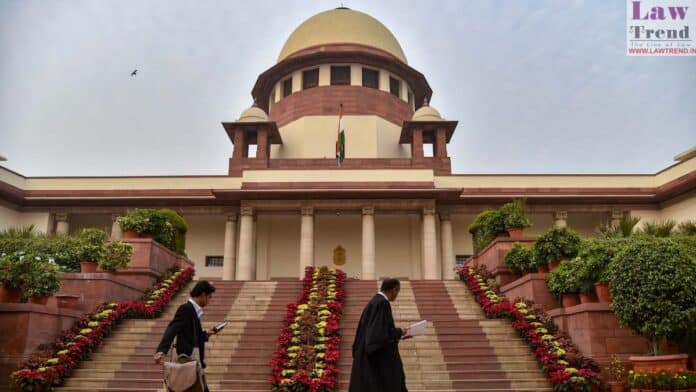In a significant ruling, a bench comprising Justice Dipankar Datta and Justice Prashant Kumar Mishra of the Supreme Court of India emphasized the necessity for writ courts to adhere strictly to the evidence and facts pleaded in a case. The decision, delivered in Allahabad University & Others v. Geetanjali Tiwari (Pandey) & Others (Civil Appeal
To Read More Please Subscribe to VIP Membership for Unlimited Access to All the Articles, Download Available Copies of Judgments/Order, Acess to Central/State Bare Acts, Advertisement Free Content, Access to More than 4000 Legal Drafts( Readymade Editable Formats of Suits, Petitions, Writs, Legal Notices, Divorce Petitions, 138 Notices, Bail Applications etc.) in Hindi and English.




